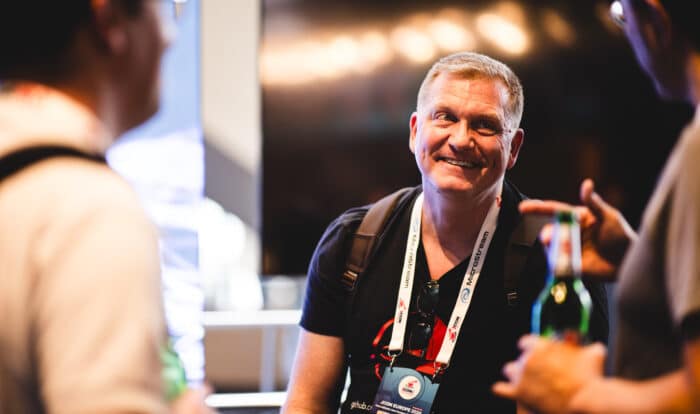IBM’s Chief Java Architect Flies in from Canada to Share JVM Optimization Secrets—Will You Be There?
- April 29, 2025
- 2274 Unique Views
- < 1 min read
It's not every day that Mark Stoodley, IBM's Chief Architect for Java, flies from Canada to Europe to lead a hands-on workshop. At JCON EUROPE 2025, you have a rare opportunity to sit down, code, and ask your questions to one of the most influential technical leaders in the Java world.

With over two decades of deep JVM experience, Mark has shaped the runtime used by thousands of enterprise applications worldwide. He led the transformation of IBM's J9 JVM into the open-source OpenJ9 and OMR projects. This isn't just a workshop—it’s your chance to tap directly into the mind of the architect behind the tech that powers your Java workloads.
Workshop: Ultra Efficient Startup for Production Java Workloads
Struggling with slow Java startup times? Tired of burning CPU and memory just to get past warm-up? Mark will guide you through cutting-edge JVM performance optimizations.
What You’ll Learn (and Take Back to your projects):
-
Real-world strategies to cut your Java startup and warm-up time
-
How to reduce infrastructure cost and energy use without compromising speed
-
When to go native—and when JVM tech is the smarter choice
-
Tools to tune JVMs like a pro (because you’re learning from the pro)
Reserve Your Seat for This Exclusive Workshop
🔗 Grab your workshop ticket now
🔗 Check the session in the schedule
Don’t Forget to Share This Post!





Comments (0)
No comments yet. Be the first.